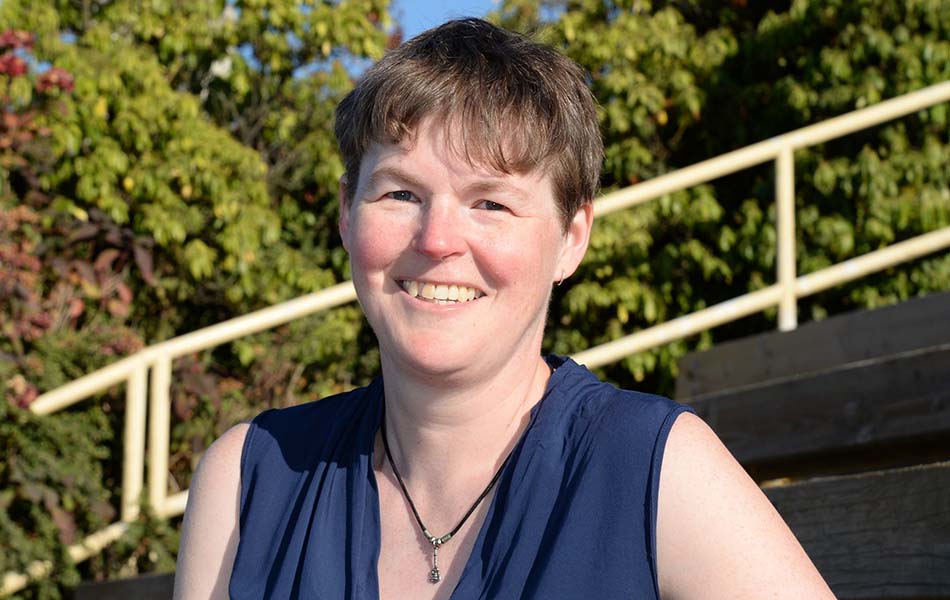LangSci After Grad is a new series interviewing graduate and post-doctoral alumni with language sciences qualifications about their transition from academia to employment, written by AJ Orena
Working for the UBC Research Commons while completing a Linguistics PhD helped Dr. Jennifer Abel find her niche in a field of quirky, organized people who are likely to find things others can’t: librarians.
She shares how this work spurred her interest in libraries and information management and how her research training prepared her for her current role at the Portage Network, training and supporting researchers on proper data management.
What have you been working on, post-PhD?
Since my Linguistics PhD, I’ve had really fulfilling research-related and research-supporting positions. I first worked as a postdoctoral fellow in the department of Linguistics, and was the founding co-ordinator of Language Sciences.
In February 2020, I joined the Portage Network of the Canadian Association of Research Libraries (CARL), a network of experts, primarily academic librarians, who are focused on research data management. They help researchers take care of their data, such that they can store, reuse and share it.
At the Portage Network, I was first a project officer where I did a lot of co-ordinator work, including creating materials, arranging meetings, and writing reports. Several months later, I became the training co-ordinator, and my focus shifted into creating training resources for the research community and making sure that all their training needs are being met. One of the fun things I’ve been doing lately is creating instructional videos for researchers.
How did you find, and land, your current position?
During the last three years of my PhD, I started working for the Research Commons in the UBC libraries. I was really intrigued by the idea of service provision and working with faculty and graduate students. This was when I really started thinking about academic libraries as a potential place I could work.
So, I went and got my Masters in Library and Information Studies, which took around two years. When it came time to look for jobs, I looked at different job websites, but I found my current position advertised at the UBC student careers services.
So, be looking at UBC’s job board!
How did your time at graduate school, and training, help your career?
Part of working in an academic library relies on understanding where researchers are coming from. I have two advanced research degrees, so I know what it’s like to be in the process of getting grants, meeting deadlines, publishing, balancing multiple commitments, and still getting the research done! These experiences make a big difference in research support roles.
Project management skills that go into conducting research also work across a lot of areas: things like thinking about the scope of a project, and deadlines and milestones that need to be met. I already had some of these skills before, but research training really reinforced them.
And, finally, just like academic researchers, librarians are very curious too! The nice thing with the library is that you can be curious about a lot of things, and still go in-depth.
Librarians are kind of quirky and weird – they like being organized, and they can find stuff that others never would.
So, when I found this field, I knew I would belong.
What’s your advice for those pursuing non-academic jobs?
My first piece of advice would be to know that it’s okay to pursue a non-academic path! It may seem, sometimes, like you’re letting down expectations, whether your own or others. But there are so many exciting roles out there that also draw on your research skills.
Second, if you already know that you’re going to take a non-academic route, it’s a good idea to get experience outside of your research project and department.
One of the reasons that I wanted to work with the Research Commons was to meet people and get to know what was going on beyond the Linguistics department.
There are all of these other things going on, with people doing great work. And it doesn’t have to be on campus either – there are lots of other ways you can get involved with different organizations out in the community. The world is big!
Have questions for Dr. Abel about her work or career path? Email her at jennifer.abel@engagedri.ca
Main image credit: Robert Abel
